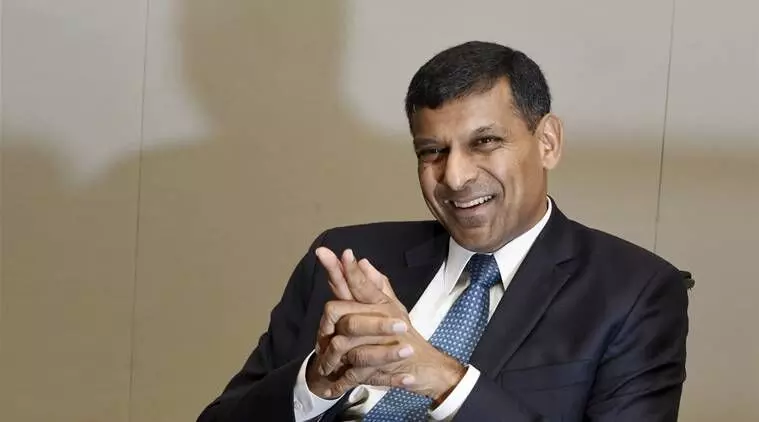
Turning minorities into "2nd-class citizens" divides nation: ex-RBI head
text_fieldsRaipur: India's future is in strengthening liberal democracy and its institutions since they are important for economic growth, former Reserve Bank Governor Raghuram Rajan said on Saturday. He said that any attempt to turn a large minority into "second-class citizens" would divide the country.
"Our future lies in strengthening our liberal democracy and its institutions, not weakening them, and this is, in fact, essential for our growth," Raghuram Rajan said.
He warned against majoritarianism, citing Sri Lanka's fate, saying that what is happening there would be the result when politicians try to deflect a job crisis by targeting minorities, PTI reported.
Rajan, also the former chief economist of the International Monetary Fund, was speaking at the 5th conclave of All India Professionals Congress, a wing of the Congress party, in Raipur, on the topic 'Why liberal democracy is needed for India's economic development.
He said, "What is happening to liberal democracy in this country and is it really that necessary for Indian development? ... We absolutely must strengthen it. There is a feeling among some quarters in India today that democracy holds back India ... India needs strong, even authoritarian, leadership with few checks and balances to grow, and we seem to be drifting in this direction."
"I believe this argument is totally wrong. It's based on an outdated model of development that emphasizes goods and capital, not people and ideas."
He suggested that the under-performance of the country in economic growth signals that the path India is going on needs rethinking.
Rajan said that liberalism was not an entire religion, and the essence of every major religion was to seek out that which is good in everyone, which, in many ways, was also the essence of liberal democracy.
He stated that India's slow growth was not just due to the Covid-19 pandemic but its underperformance.
"Indeed, for about a decade, probably since the onset of the global financial crisis, we haven't been doing as well as we could. The key measure of this underperformance is our inability to create the good jobs that our youth need," the former RBI governor said.
He also pointed out that the recent protests against the Centre's 'Agniveer' military recruitment scheme prove how hungry the youth were for jobs.
"Just a while ago, you saw 12.5 million applicants for 35,000 railway jobs. It is particularly worrisome when India has a scarcity of jobs, even when so many women are not working outside their homes. India's female labour force participation is among the lowest in G-20 at 20.3 per cent as in 2019," he said.
On the Modi government's "vision of growth", Rajan said it centres around the term 'atmanirbhar' or self-reliance.
"Now, to the extent, it emphasizes better connectivity, better logistics, better roads and devotes more resources to it, in some way this (atmanirbhar vision) seems the continuation of the past reformed decades. And that's good," he said.
But he also added that in many ways, a look at what 'atmanirbhar' is trying to achieve takes one back to an early and failed past where the focus was on physical capital and not human capital, on protection and subsidies and not on liberalization, on choosing favourites to win rather than letting the most capable succeed. He asserted that the priorities are misplaced in 'atmanirbhar'.
The nation is not spending enough on education, he said. "Many (children) not having been to school for two years are dropping out. Their human capital, which is there and our most important asset in the coming years, is something we are neglecting. We are failing them by not devoting enough resources to remedial education," Mr Rajan said.























